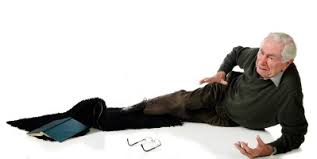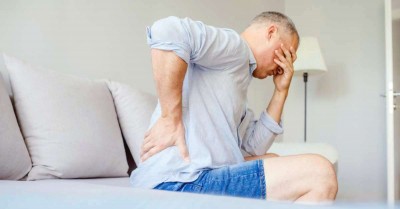Am I at risk of a fall?
Warning: Undefined variable $post in /home/dietofli/public_html/wp-content/plugins/code-snippets/php/snippet-ops.php(584) : eval()'d code on line 3
Warning: Attempt to read property "ID" on null in /home/dietofli/public_html/wp-content/plugins/code-snippets/php/snippet-ops.php(584) : eval()'d code on line 3
The estimated reading time is 4 minutes
Warning: Undefined variable $post in /home/dietofli/public_html/wp-content/plugins/oxygen/component-framework/components/classes/code-block.class.php(115) : eval()'d code on line 3
Warning: Attempt to read property "ID" on null in /home/dietofli/public_html/wp-content/plugins/oxygen/component-framework/components/classes/code-block.class.php(115) : eval()'d code on line 3

Falls are the largest cause of emergency hospital admissions for older people in the UK, with around 220,000 fall-related emergency hospital admissions in England among patients aged 65 and older each year.
As many as 1-in-3 people over 65 will fall this year, with the numbers increasing to half of those aged 80 and above suffering a fall. In fact, thirteen people aged 65+ die every day in England and Wales because of a fall or fall-related injuries.
It’s easy to shrug off these concerns as something that isn’t applicable to you, but a Saga Magazine survey highlighted that everyone over 50 is much more likely to have a fall than they think, with everyone surveyed underestimating their risk of falling.
While we haven’t found the elixir of youth to roll back the years, we can help identify issues around your home and suggest ways in which you can safeguard yourself to prevent a fall at home.
Did You Know?
60-year-old eyes need three times more light than 20-year-old eyes.
If you’re regularly hurrying to the bathroom at night, speak to your continence nurse or physiotherapist. Incontinence can be improved or sometimes cured. A fall at night can be particularly dangerous, especially during the winter months when lower temperatures can lead to hypothermia if you’re unable to get up and there is no help around.
36% of people over 75 are on four or more different medications. If you feel dizzy when standing or increasingly sleepy, talk to your GP about getting your medication reviewed.
Between the ages of 50 and 70, we lose about 30% of our muscle strength. 30 minutes of activity five times a week such as gardening, a daily walk and housework can all help offset this.
Link: https://www.ppptakingcare.co.uk/assets/infographic/graphic.html
Around the Home Checklist
Do you have adequate lighting around your home, especially on the stairs?
Are your stairs and hallways free of clutter?
Do you have handrails on both sides of your stairs? Using the stairs frequently helps maintain your strength and balance.
Do you have a nightlight in your bedroom or a torch by the bed in case you need to get up in the night?
Does your pet wear a collar with a bell on? Pets can get under your feet, so be aware of where they are when you’re moving about.
Are floors clear of trailing wires, wrinkled or fraying carpets, or anything else that you might trip or slip on?
Do you have non-slip mats under rugs?
Do you have a non-slip mat and a fitted handrail in the bath?
Do you have appropriate footwear, such as slippers with a good grip that fasten up? Walking around your home in socks or tights is a recipe for disaster.
Have you had an eye test in the last year? Are your glasses the correct prescription? Glasses fitted with bifocal or varifocal lenses can make objects and surfaces appear closer than they really are.
Living Independently at Home
Even if you have run through our checklist and taken some preventative measures to safeguard your well-being at home, it’s not unusual to worry about living independently at home because of the fear of a fall with no available help. One common solution is a personal alarm service that comes with a fall sensor.
A fall alarm is a lightweight device that can be worn on your wrist or as a pendant necklace and will alert the telecare provider that you have fallen. Fall sensors use smart algorithms so they only detect serious falls with a heavy impact which helps eliminate false alarms triggered by bending down, sitting down quickly, or even banging an arm against a wall.
When a fall alarm detects the wearer has fallen, the device contacts the telecare response center, and the response team will immediately make contact and speak with you over the two-way speaker in the alarm to assess the situation.
Even if you cannot speak, the response team will know where you live and will contact your keyholders, such as a family member or neighbor, or the emergency services on your behalf. (1)
Want to know more about telecare?
Find out how you can live independently with telecare solutions including personal alarms, a fall sensor, bogus caller buttons, and monitored home sensors.















